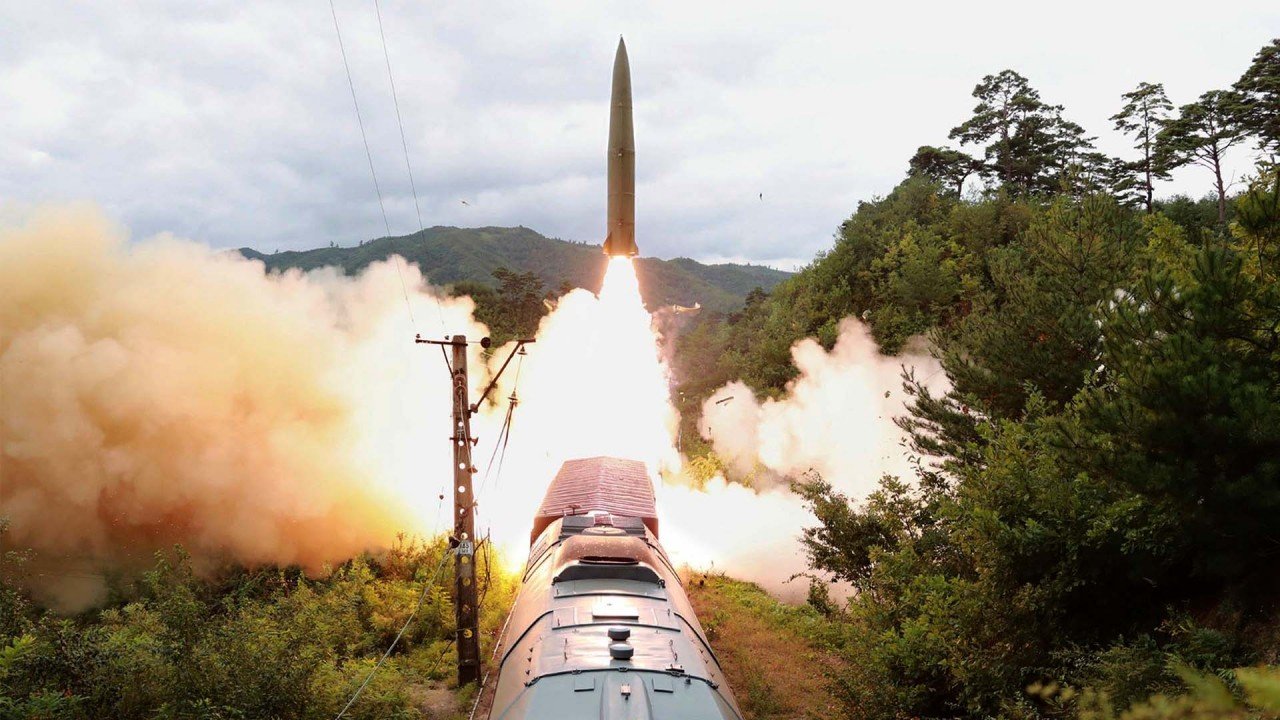Dr. Rahman Ghahremanpour, in an interview with the website of the Strategic Council on Foreign Relations, stated: North Korea is seeking the privilege that the United States recognized this country for interaction; because North Korea is a remote island and a besieged country, and China’s firm policy there is that North Korea should not be under external pressure and should not move towards an alliance with South Korea.
Regarding China’s policy towards Pyongyang, he said: China’s differences with South Korea and Japan is one of the reasons for such policy, meaning that if North and South Korea unite, they will be two serious regional rivals for China alongside Japan. Especially since part of China’s advanced technology is supplied through South Korea. Now, if South Korea with such an advanced technology unites with North Korea which possesses nuclear bomb, it will not be a good opportunity for China.
Ghahremanpour, saying that South Korea, like Germany, is looking for an alliance, but does not announce it, added: That country was also seeking to build a nuclear weapon at some point and had a dispute with the International Atomic Energy Agency. Therefore, china does not at all wants that South Korea’s technical and economic power to merge with North Korea’s military power and become a serious competitor and concern for Beijing.
The researcher stressed that China has always stood up against North Korea’s sanctions resolutions in the Security Council.
According to the expert, in this case we are witnessing that despite the fact that North Korea has tested nuclear bombs and intercontinental ballistic missiles, the number of resolutions issued against that country is far less than that of Iran.
Meanwhile, he said: North Korea, because being basically a very weak country economically, does not have much economic relations with the world and sometimes suffers from famine. Therefore, the international system does not have many tools to influence such trends of North Korea.
As for the consequences of North Korea’s missile and nuclear tests, the expert said: The main concern is with Japan; Japan is deeply concerned about North Korea’s missile and nuclear tests because it has a historic rivalry with South Korea and the Korean Peninsula, and therefore Japan, like China, is deeply concerned with the unity of the two Koreas and the fact that in its neighborhood have a nuclear power. While Japan itself is on the verge of becoming nuclear, it is not building a nuclear bomb; because Japan, like Germany after the Second World War, has pursued a policy of military and nuclear restraint.
He continued: Japan, like Germany, is concerned that developments in the international system will force it to abandon its traditional policy and that its development and economic welfare policy will be affected by this issue. As North Korea increases its nuclear activities and becomes a vital threat to Japan, it will force the country to reconsider its policy of military restraint.
The expert added: Unlike Japan, China does not seek a serious confrontation with North Korea.
He also commented on Washington’s policy toward North Korea and said: Although there was a direct meeting between US and North Korean leaders during Trump term of office, in the United States, the definitive policy of presidents has always been to refrain meeting with the North Korean leader.
Ghahremanpour continued: The denuclearization of North Korea is a precondition for any negotiations by the United States. However, Trump deviated from this policy. The main issue today is that with the developments occurred in North Korea, it is no longer practically possible to denuclearize the Korean Peninsula, and we have to see whether the United States and the international community will change their policy towards North Korea or not.
Regarding Joe Biden’s view on the North Korean issue, he said: Like Obama, Bill Clinton and George W. Bush, Biden is committed to traditional American policy, and they have stated that the president will not have a direct meeting with the North Korean leader unless the peninsula becomes non-nuclear.
The senior researcher of international affairs continued by saying that today we are witnessing changes in world nuclear equations, adding: The INF, for example, has not been renewed, and in the START 1 debate, the United States wants China to join the disarmament or arms control talks. That is to say, in addition to the United States and Russia, China should also enter into such negotiations, but Beijing is completely opposed to this. But in general, given the changes that are taking place in the international system and at the level of the countries’ nuclear strategy, the great powers may take a new approach to North Korea.
At the same time Ghahremanpour stressed: Such conditions do not necessarily mean the disarmament of North Korea as the case of that country has gone beyond disarmament. Because, according to credible reports, North Korea has produced several plutonium bombs and has intercontinental ballistic missiles capable of carrying nuclear warheads; therefore the policy of nuclear disarmament against Pyongyang does not work, and the international community must decide whether to return the country to the NPT or the IAEA, or even choose another method.
In response to the question that under such circumstances what would be China’s reaction, he said: If China is placed in such a situation, it may redefine its approach.










0 Comments